Awards ceremony
On 19 March, the winners of the European Prize for Humanitarian Innovation (InnovAid) were revealed at the European Humanitarian Forum, in Brussels. The prize recognises innovative organisations and brings enhanced visibility to their innovations, facilitating their redeployment at scale. Read more about the winners:
Winners
Winner: Signpost - IRC Deutschland (Germany) Signpost Initiative – collaboration between IRC, NetHope, MercyCorps and Internews, with tech partners including Google and Cisco. The Signpost initiative is a ‘community-led information service’ which provides access to critical information to people in emergencies. Connects people min need to vital resources through regularly updated articles, videos, and geolocated service maps. Trained community members respond to questions asked via social media and communications channels and learn about information needs from their two-way discussions. Content is created based on localized trends, and questions from communities drive the creation of new information products. |
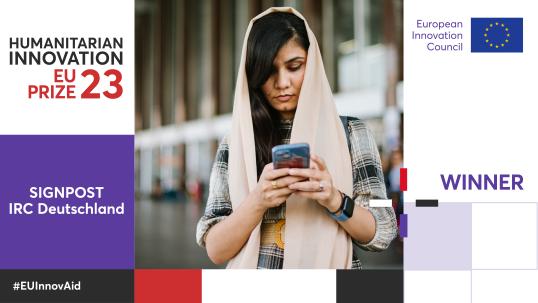
|
Second place: GOAL 3 B.V (The Netherlands) Goal 3 BV – PROACTIVE (Pediatric Real-time Observation and Analysis for Cost-effective and Timely Interventions based on Vital signs and Early Warning) – a joint initiative between research institutions in a social enterprise, Goal 3 has developed the IMPALA tool which is an affordable, durable and user-friendly monitoring system for hospitalised children in low resource settings. The tool combines innovative sensors, machine learning algorithms and point-of-care biomarkers to help healthcare workers to quickly detect and even predict critical illnesses amongst hospitalised children. In facilities where it has been used, notably in Malawi, it has led to a 59% drop in mortality and a 16% reduction in admission time. Find out more about Goal 3 BV – PROACTIVE in this video |
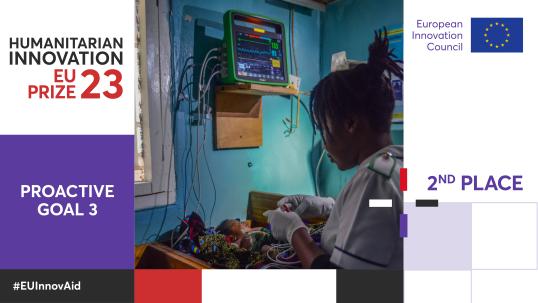
|
Third place: Humanitarian Logistics Cooperative (France) Humanitarian Logistics Cooperative - Hulo (FR) – a collaboration between humanitarian actors to form a joint cooperative company for the pooling of logistics and supply chain resources and expertise. Hulo offers a range of services for humanitarians such as joint procurement initiatives based on data science, business analytics and proprietary supply chain software and a digital platform for the pooling of aid organisations passenger and freight needs. The resulting savings amount to 17% or more on logistics and procurement costs as well as an increase in the quality of goods procured. Find out more about Humanitarian Logistics Cooperative - InnovLog in this video |
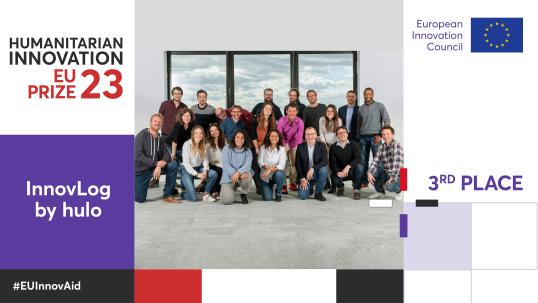
|
Jury Members
|
Emilie Skogvang Emilie is a senior advisor at Innovation Norway’s Humanitarian Innovation Programme, which is Norway’s flagship effort supporting humanitarian innovation. Since its launch in 2018, the programme has supported 58 innovation projects and taken a leading position in facilitating innovation partnerships across the humanitarian and private sector. Emilie has years of experience supporting humanitarian-private innovation partnerships and believes that fostering strong cross-sectoral partnerships is essential to address current and future humanitarian needs. Emilie joined the Humanitarian Innovation Programme in 2019 and has previous experience from the Norwegian Emergency Preparedness System, the UN Women Innovation Unit and the environmental foundation ZERO. She holds a Master’s Degree in Technology and Innovation from the University of Oslo. |
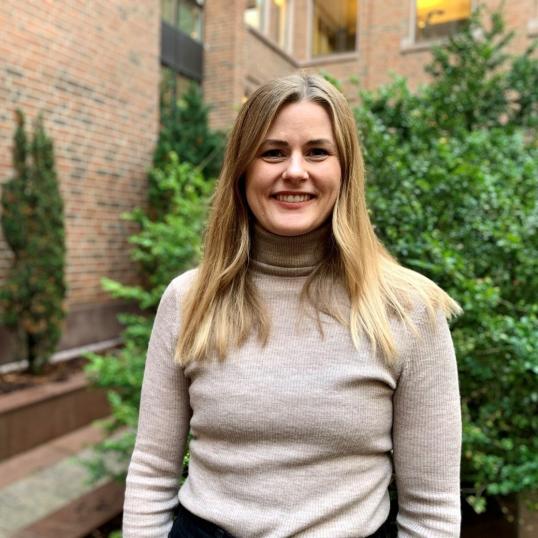
|
|
Max Vieille Global Director of the Response Innovation Lab (RIL). Before joining RIL, he had worked for the UN, major humanitarian NGOs and private contractors. Max has specialized in Emergency Response, MEAL (Monitoring, Evaluation, Accountability and Learning), Disaster Risk Reduction and Strategic Planning in global and field-based positions, particularly in Haiti and Madagascar. In addition to his position with RIL, he is a member of the Steering Committee of the Smart Communities Coalition, a Google Startups for Sustainable Development Advisor and a former Member of the World Economic Forum’s Global Future Council on the New Agenda for Fragility and Resilience. He has advised USAID’s Bureau of Humanitarian Affairs, the Dutch Relief Alliance, Danish Refugee Council and Save the Children International, among others, on innovation policy in complex emergencies and fragile contexts. |
|
|
Vincent Graf Narbel Vincent Graf Narbel joined the ICRC in 2015 as ICT Innovation Officer after more than 15 years in the private sector, where he held various positions in ICT, from software developer to solutions architect and service manager. Vincent is currently working as the Head of the TechHub in the ICRC Data Protection Office. He focuses on the adoption of new technology in the humanitarian sector with a strong emphasis on privacy, security, and ethics in general. He actively participated to the Handbook on Data Protection in Humanitarian Action, in particular for the chapters on biometrics, digital identity, artificial intelligence and blockchain and is co-leading several research projects in these areas. Vincent holds a Masters in Mathematics from the Swiss Federal Institute of Technology Lausanne (EPFL) and a Masters in Law (LLM) from the University of Maastricht. |
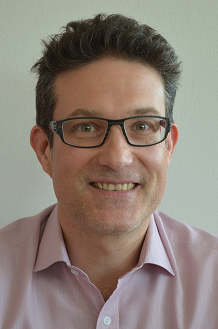
|